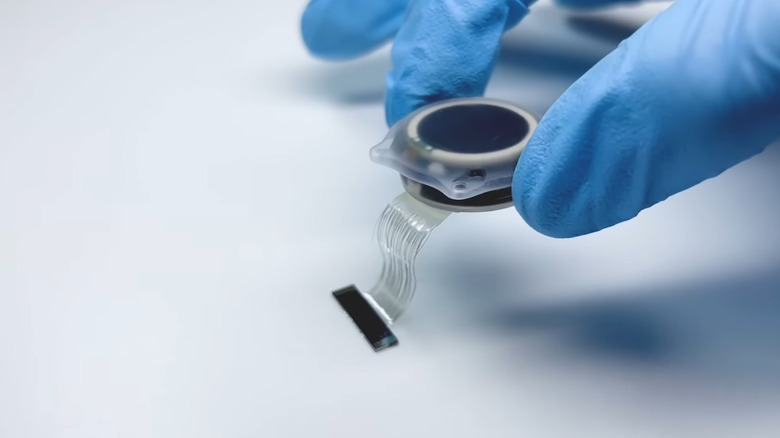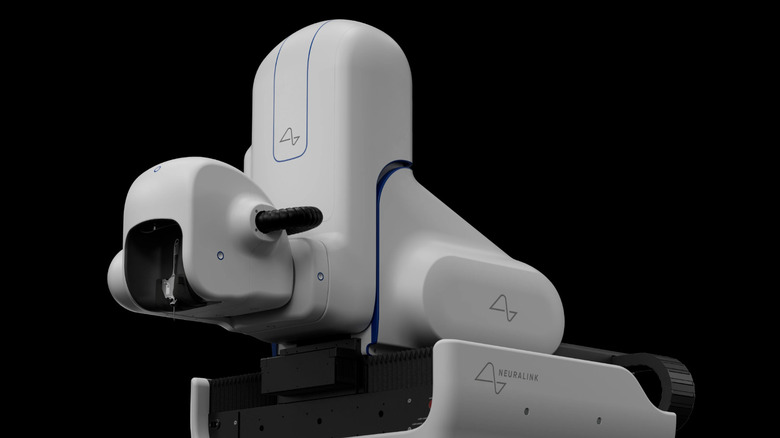Neuralink Video Shows First Human Recipient Using 'Telepathy' To Play Game
A few weeks ago, Elon Musk announced Telepathy as the first product of Neuralink, a company that is developing implantable brain-computer interfaces (BCI) with lofty curative ambitions. "Enables control of your phone or computer, and through them almost any device, just by thinking," Musk wrote in the post. On Wednesday, the company released a video in which the first Neuralink recipient, a quadriplegic 29-year-old, can be seen controlling chess moves on a laptop using thought.
— Neuralink (@neuralink) March 20, 2024
Noland Arbaugh, who suffered a serious accident that took away his mobility from below the shoulders, signed up as one of the first Neuralink volunteers soon after the company received its FDA approval to conduct human trials. Earlier this year, Musk said that the first Neuralink recipient was "recovering well," without revealing any further detail about their identity. Today's live stream marked the first time Neuralink's BCI was shown in action with a human recipient.
So far, it seems Arbaugh is doing fine without any adverse physical or neurological complications — he even joked about cosplaying as Professor X, a famed Marvel comics character known for his extraordinary telepathic superpowers. "I don't want people to think that this is the end of the journey, there's still a lot of work to be done, but it has already changed my life," he says. Over the course of developing its N1 implant, Neuralink had only gone so far as showing a monkey playing pong and typing on a screen through brain signals.
Recovering from the brain implant procedure didn't take long
Sharing more details about the process, Arbaugh said during the live stream that he was discharged and back to normal merely a day after the implantation surgery. To recall, Neuralink has developed a sophisticated surgical robot armed with a needle that is thinner than a human hair to perform the procedure. Following implantation, neural activity is recorded by more than 1,000 tiny electrodes packed across 64 ultra-thin threads dangling in the recipient's brain tissue. The company also promises that the implant is "cosmetically invisible" and can be used to control both computers and mobile devices.
"If y'all can see the cursor moving around the screen, that's all me," Arbaugh said during the broadcast. He added that aside from online chess, he was able to play "Civilization VI" for hours until the battery ran out, explaining that it lasts for around eight hours but without revealing how the charging process takes place. The Neuralink engineer seen in the video assured viewers that more details will be revealed in the coming days.
It's a small but remarkable first step for Neuralink, which has set ambitious goals, including restoring mobility and vision in patients. It seems there is some learning curve, but the results come quickly. "I would attempt to move, say, my right hand left, right, forward, back, and from there I think it just became intuitive for me to start imagining the cursor moving," Arbaugh says in the video.

